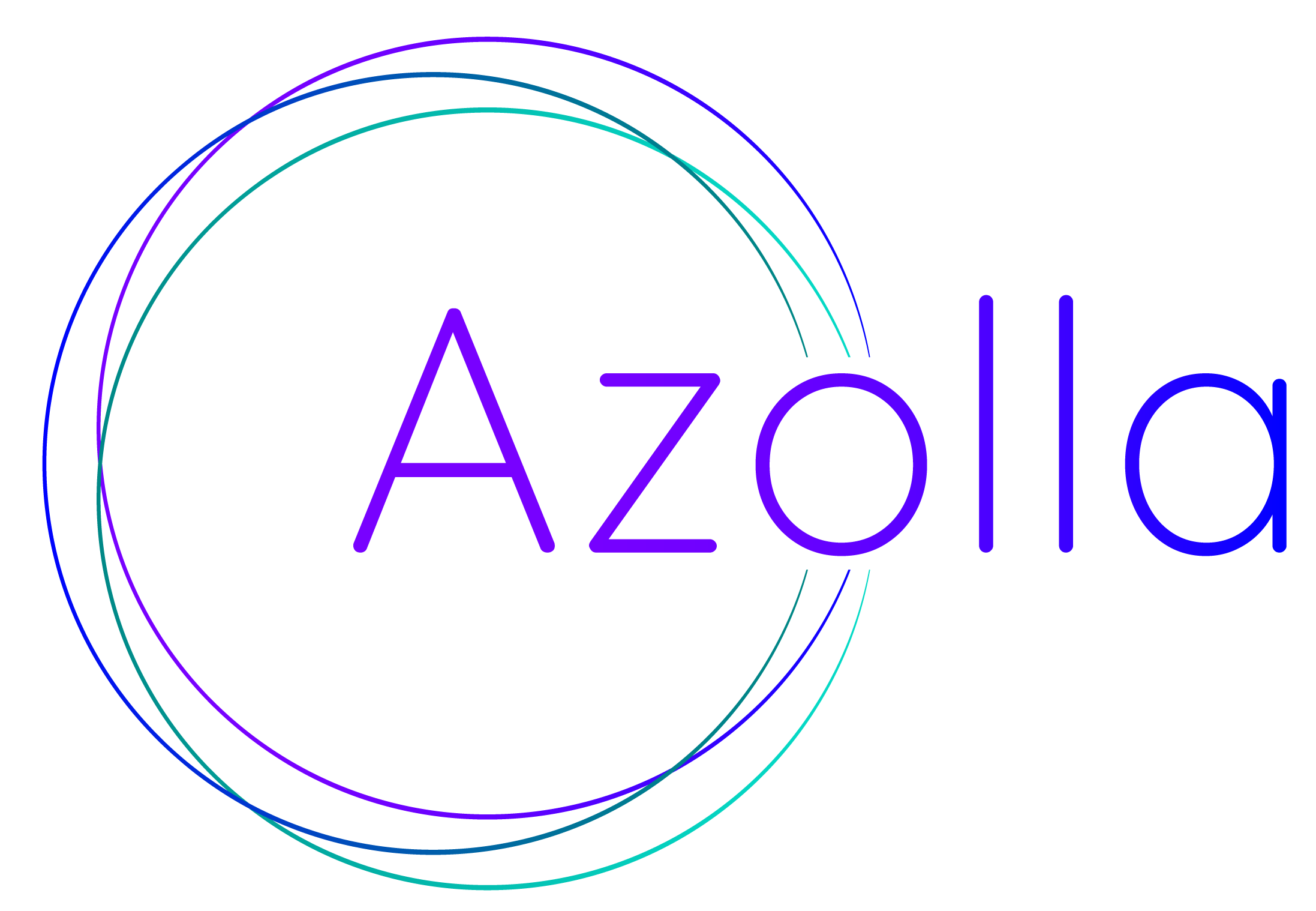EthioTrees
Profile
In a nutshell
EthioTrees is a Belgian non-profit organization (NPO) in the north of Ethiopia working with 18 local village communities. The project removes CO2 from the atmosphere by planting fallow land with native bush and tree species. The methodology also leads to improved water management and increased soil fertility. At the same time, great importance is attached to inclusion and supporting the local population.
Founded
2016
Location
Ethiopia
Method
Afforestation / Reforestation, Soil Enhancement
Co-benefits
In addition to reducing CO2 from the atmosphere, the project generates extra benefits for the communities and the environment.














CO2 Removal
By planting shrubs and trees on fallow land, the project captures CO2 and stores it long-term in the soil and plants. The captured and stored CO2 is measured and certified by the independent Scottish agency PlanVivo. The carbon credits thus approved and certified are then recorded and managed in the IHS Markit Environmental Registry.
Find out more about soil carbon sequestration here.
Find out more about afforestation/reforestation here.
Background
The Horn of Africa, where Ethiopia is located, is known for drought and desertification. Due to the lack of vegetation in many places, the project area in northern Ethiopia is particularly vulnerable to soil erosion, which further worsens the situation. In addition, climate change has further increased the demands on soil water absorption and storage. It is precisely these requirements that many areas in northern Ethiopia are unable to meet due to the lack of plant cover. As a result, both food and drinking water supplies for the local population are increasingly at risk.
Together with the local population, our partner project EthioTrees is working to counteract these conditions.
EthioTrees is mainly responsible for the planting of the village area. This is done exclusively with native plant species and is implemented according to a zoning plan developed in advance by the local community. Planting bushes and trees on fallow land has other advantages besides removing and storing CO2. The resulting plant cover ultimately prevents soil erosion and improves both the fertility and water management of the soil. Thus, yields from food production are increased and access to drinking water is improved.
EthioTrees also follows a project approach based on integration and collaboration, not only in the planting but also in the management of the planted areas. On the one hand, women and young adults are trained in beekeeping, agroforestry and fodder production, for example. On the other hand, incense is processed together with farmers who do not own land.
Finally, the money from the sale of the manufactured products and especially from the sale of carbon credits is used for various projects to increase community welfare. Thus, since 2016, the village communities have already been able to build 6 schools and 12 wells with the new income generated.
Team
Our project contact is Prof. Dr. Sil Lanckriet from the University of Ghent in Belgium. His field of research, which investigates the relationship between climate change and soil erosion, is closely related to the EthioTrees project. Sil’s dedication to and belief in the project’s positive effect on the climate, the local community, and their food security is contagious. We feel his enthusiasm for the project in every moment of our collaboration.
Support now
Support EthioTrees and other projects and contribute to the elimination of greenhouse gases.

